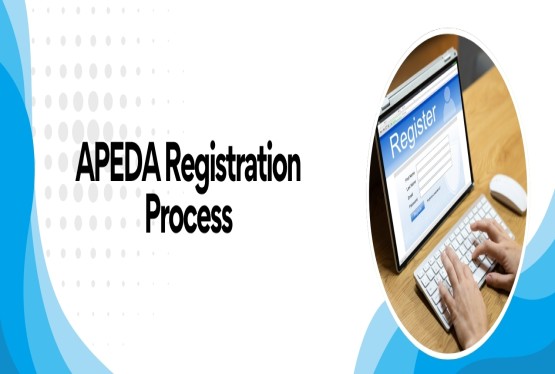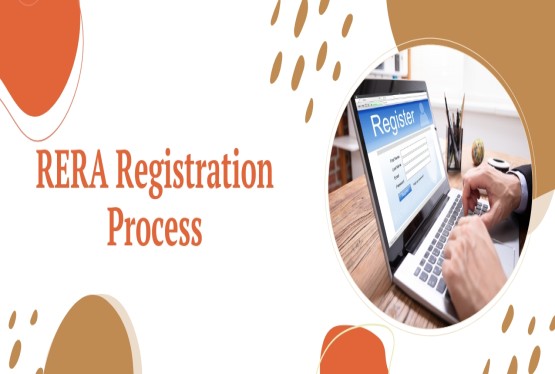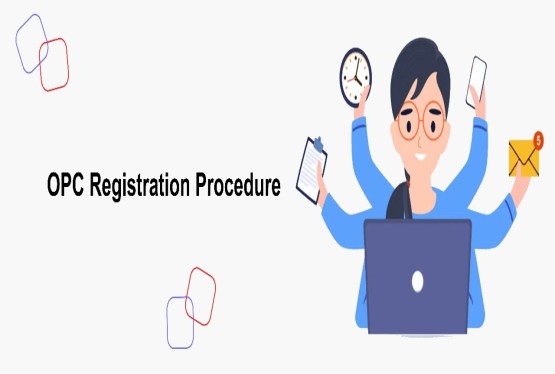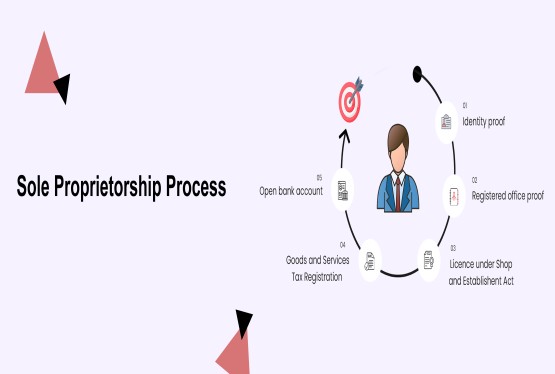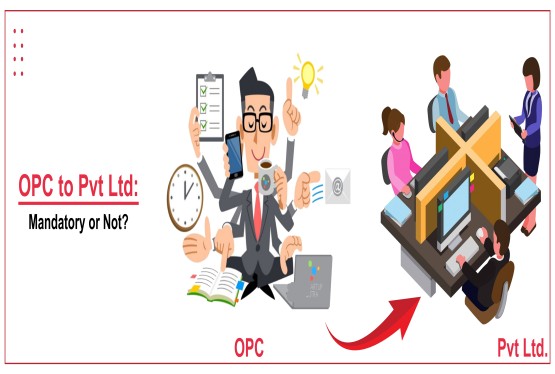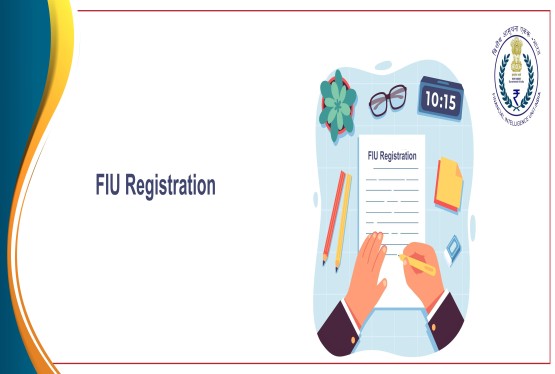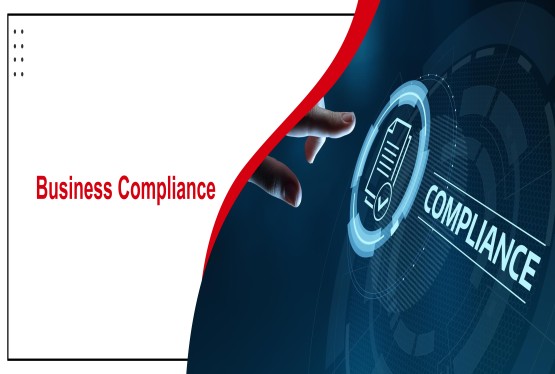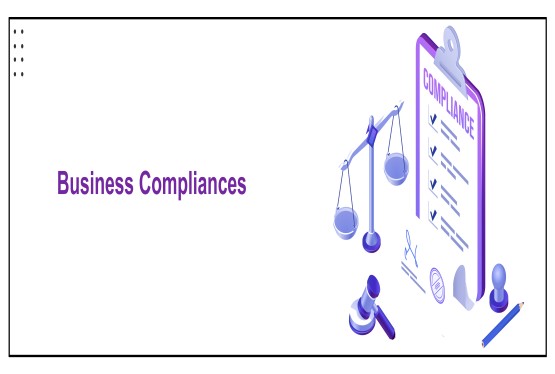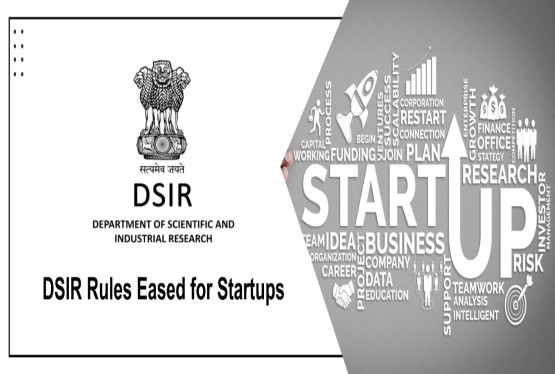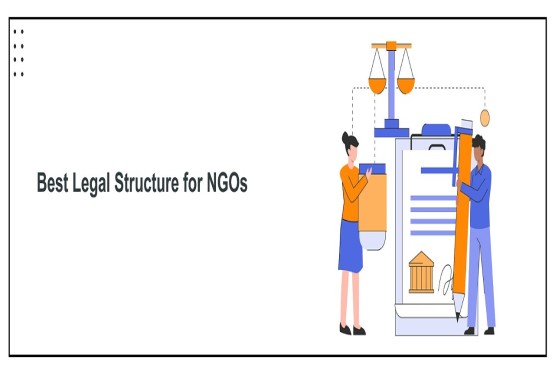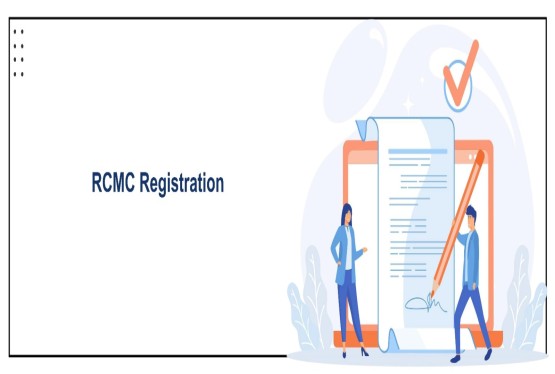In India’s growing health insurance ecosystem, “Third Party Administrators (TPAs) play a major role in bridging the gap between insurers, policyholders, and healthcare providers. If you’re looking to enter this segment by registering your company as a TPA, understanding the legal, regulatory, and procedural requirements under IRDAI (Third Party Administrators Health Services) Regulations, 2016 is mandatory.
This guide explores everything you need to know about registering as a TPA with the Insurance Regulatory and Development Authority of India (IRDAI), including eligibility, application process, compliance, fees, and post-registration obligations.
Learn more about IRDAI Registered Insurance Brokers in India.
Who is a TPA?
A Third Party Administrator (TPA) is a company registered with IRDAI and engaged by an insurer to provide health services, which are defined under the IRDAI TPA Regulations, 2016 and include claim management, health check-ups, pre-policy medicals, and other health-related services.
Legal Definition: As per the IRDAI (Third Party Administrators - Health Services) Regulations, 2016:
“TPA means a company registered with the Authority and engaged by an insurer, for a fee or by whatever name called, to provide health services as per the health services agreement.”
Health Services Provided by a TPA
A TPA acts as an outsourced service provider to insurers, managing a variety of healthcare and claims functions. Some of the key services include:
1. Claim Servicing under Health Insurance Policies
-
Cashless hospitalization coordination
-
Reimbursement claim processing
-
Network hospital management
2. Hospitalization Cover for Personal Accident & Travel Policies
-
Managing claims related to accident policies
-
Travel insurance hospitalization claim servicing
3. Pre-Insurance Medical Check-Ups
-
Coordinating diagnostic tests
-
Submitting reports to the insurer for underwriting
4. International Health Services
-
Claims for policies covering treatment abroad
-
Handling of foreign travel medical policies
5. Inbound Travel Insurance Claims
-
Assisting foreign insurers in claim servicing when policyholders travel to India
Eligibility Criteria for Registering as a TPA
To become a TPA, your company must meet a set of strict eligibility norms laid out by IRDAI:
1. Type of Entity
-
Must be a company registered under the Companies Act, 2013 which must have a share capital.
-
LLPs or partnership firms are not eligible.
2. Object Clause in Memorandum of Association (MOA)
-
The main and sole object should be to carry out the business of providing health services.
-
The company must not engage in any other business.
3. Company Name
-
The name must include the words "Insurance TPA" to clearly indicate its function.
4. Minimum Capital Requirement
-
Paid-up equity share capital must not be less than Rs.4 Crores.
5. Net Worth
-
Must maintain a minimum net worth of Rs.1 Crore at all times.
6. Foreign Investment Norms
-
Permissible under FDI Policy applicable to the insurance sector.
-
Foreign shareholding must comply with IRDAI and Government of India rules.
Step-by-Step Process for TPA Registration with IRDAI
Registering as a TPA is a multi-stage process involving online application, document submission, and regulatory scrutiny. Here’s the step-by-step process:
Step 1: Company Incorporation
-
Register the company with MCA under Companies Act, 2013.
-
Include "Insurance TPA" in the name.
-
Ensure MOA specifies “Health Services” as the sole business activity.
Step 2: Registration on IRDAI BAP Portal
-
Visit the IRDAI BAP (Business Analytics Project) Portal.
-
Register your company as an applicant for a TPA license.
Step 3: Online Application Submission
-
Fill out the Form TPA-1 on the BAP Portal.
-
Upload necessary documents (explained below).
-
Pay the non-refundable processing fee of Rs.1,00,000 via the payment gateway.
Step 4: Document Scrutiny by IRDAI
-
IRDAI will examine the application.
-
Additional documents or clarifications may be requested.
Step 5: Registration Fee Payment
-
Once application is approved, pay Rs.2,00,000 as the registration fee valid for 3 years.
Step 6: Grant of Certificate of Registration
-
Upon successful verification and fee payment, IRDAI will issue the Certificate of Registration as a TPA.
List of Documents Required
Here’s a checklist of essential documents for TPA registration:
-
Certificate of Incorporation from MCA
-
MOA and AOA (including health services as sole object)
-
PAN and TAN of the Company
-
List of Directors and Shareholders with DIN and PAN
-
Details of Promoters with background verification
-
Auditor’s Certificate for net worth and capital compliance
-
Shareholding Pattern
-
No Objection Certificates (NOC) from Promoters
-
Organizational Structure and Business Plan
-
Board Resolution approving application for TPA registration
-
Details of Principal Officer and other key managerial personnel
-
Declaration of Fit and Proper Criteria compliance
Note: IRDAI may request additional documents during scrutiny.
Fee Structure for TPA Registration
Here’s a tabular view of the official IRDAI fee structure:
|
S. No. |
Fee Type |
Amount (INR) |
Remarks |
|
1 |
Processing Fee |
Rs.1,00,000 |
Non-refundable |
|
2 |
Registration Fee |
Rs.2,00,000 |
Valid for 3 years |
|
3 |
Renewal Fee (every 3 years) |
Rs.1,50,000 |
Before expiry of license |
Note: All fees are exclusive of applicable taxes and must be paid via online gateway.
IRDAI Conditions and Compliance for TPAs
After receiving the Certificate of Registration, the TPA must adhere to several regulatory conditions:
1. Operational Exclusivity
-
A TPA cannot undertake any other business except health services for insurers.
2. Renewal of License
-
Must apply for renewal at least 30 days before expiry.
-
Renewal is valid for another 3 years, subject to compliance.
3. Data Confidentiality
-
TPAs must maintain data privacy and security of all claims and customer records.
4. IRDAI Reporting Obligations
-
Submit periodic reports and statistics to IRDAI in prescribed formats.
5. Principal Officer Appointment
-
TPAs must appoint a Principal Officer who meets the prescribed qualification, experience, and clearance norms.
Role of Principal Officer in TPA
The Principal Officer is the key managerial person responsible for regulatory compliance and overall administration.
We should know the Eligibility of Principal Officer:
-
Must be a full-time employee of the TPA
-
Should possess:
-
A degree from a recognized university
-
Relevant work experience
-
Completed training and examination as prescribed by IRDAI
TPA Agreement with Insurer
A TPA must enter into a formal Health Services Agreement with one or more insurers before beginning operations.
This agreement must include:
-
Scope of services
-
Fee structure
-
Service standards and turnaround time
-
Dispute resolution mechanisms
-
Data sharing and confidentiality clauses
Note: TPAs cannot act independently; they function as authorized agents of insurers.
Grounds for Suspension or Cancellation of TPA License
IRDAI may cancel or suspend a TPA license for reasons including:
-
Misrepresentation in application
-
Non-compliance with regulations
-
Engaging in other businesses
-
Breach of data privacy
-
Fraud or unethical practices
-
Failure to maintain capital/net worth
A show-cause notice is issued before such action, and the TPA has the right to be heard.
Foreign Investment in TPA Sector
-
As per Government of India’s FDI Policy, foreign investment in TPAs is allowed subject to IRDAI regulations.
-
TPAs must maintain Indian management and control.
-
Prior approval is required if foreign shareholding exceeds certain limits.
Renewal of TPA Registration
-
Apply for renewal 30 days before expiry using online portal.
-
Upload updated business plan, financials, compliance history.
-
Pay Rs.1,50,000 renewal fee + taxes.
TPA Regulation Reference
Why Registering as a TPA is a Smart Move?
With the increasing demand for health insurance in India, the role of TPAs has become even more significant. For companies entering this space, IRDAI offers a structured, well-regulated path to operate as a registered TPA. However, one must ensure strict adherence to the eligibility criteria, documentation, and post-registration compliance.
If you are a startup or business planning to enter the health insurance servicing domain, TPA registration not only legitimizes your operations but also opens new opportunities to collaborate with leading insurance providers.
Need Help with TPA Registration?
At Compliance Calendar LLP, we provide end-to-end assistance with:
-
Incorporation of “Insurance TPA” Company
-
MOA & AOA Drafting and Company Registration process
-
Business Plan and Financial Structuring
-
Online Application and Liaison with IRDAI
-
Principal Officer Training and Certification Support

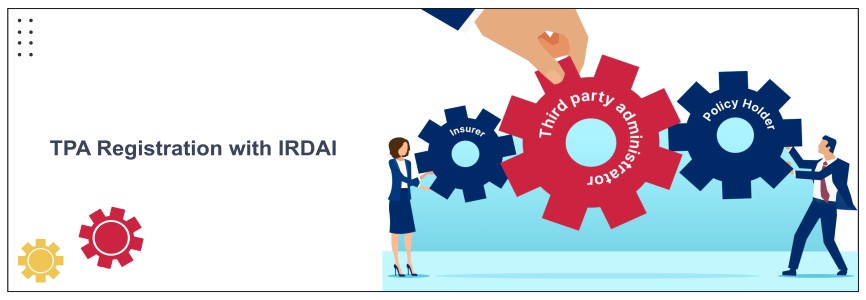










_crop10_thumb.jpg)





_crop10_thumb.jpg)




























-Form_crop10_thumb.jpg)

_crop10_thumb.jpg)























_learn_crop10_thumb.jpeg)
































_crop10_thumb.jpg)

_crop10_thumb.jpg)





















_crop10_thumb.jpg)















_for_Foreign_Directors_learn_crop10_thumb.jpeg)




_Act,_2015_learn_crop10_thumb.jpg)
































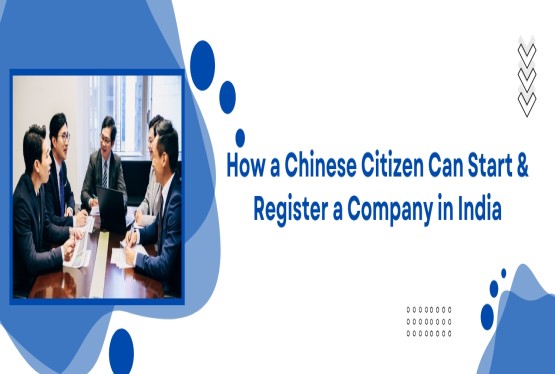
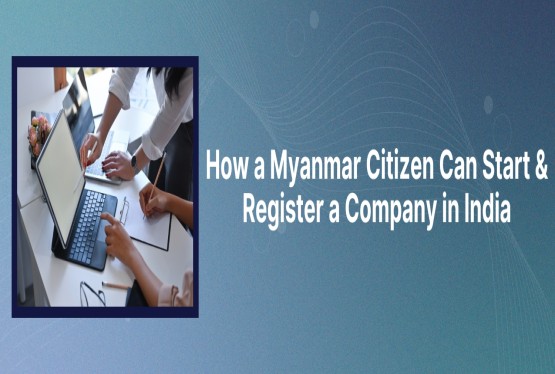
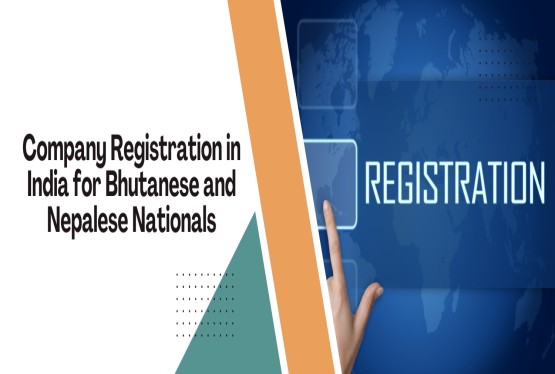
_learn_crop10_thumb.jpg)











